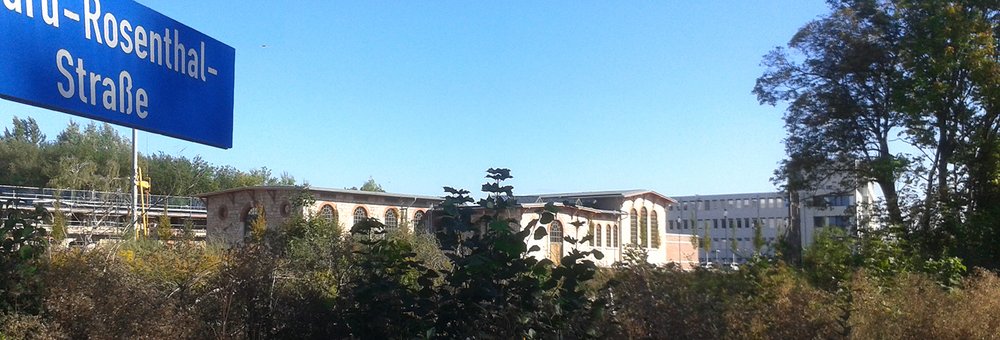

Ro.Experiment
New Housing, New Mobility, New Urban Space
Due to the historical value and the high land prices in European city centers, the suburbs have very often been a place for experimental housing projects. One such case is the new residential project "Ro70" in Weimar. For the last two years, a group of dedicated citizens have been eager to create a tenant cooperative concept through participatory management. The goal is to revitalize the abandoned hospital building on Eduard-Rosenthal-Straße and establish within it a housing project with stable rents, diversity and climate protection.
Ro70 serves as a planting project for the area’s new development concept. However, railway tracks on a dam strongly separate the area from the rest of the city. This means accessibility and mobility options such as bicycles and public transport are substantially limited and could actually have adverse effects: more traffic - less public transport, walking and cycling.
In order to achieve experimental and progressive development and usage concepts for the area, we will consider theoretical and transdisciplinary methods. In addition, the Ro.Experiment design project has an open structure, which means there will be no predetermined program for the project area. Participants will define the type, specific objectives and results of projects themselves.
This semester's design-seminar aims to find a response to the challenge of new urban mobility and its effects on the urban space. The design proposals should stand as the exemplary attitude and display a clear intention to rethink things from the ground up.
The number of students in this course is limited to 15. Prerequisites are an interest in the subject, a high degree of self-organization and initiative, as well as the desire to engage in experimental work.
The accompanying seminar New Urban Mobility is compulsory.
